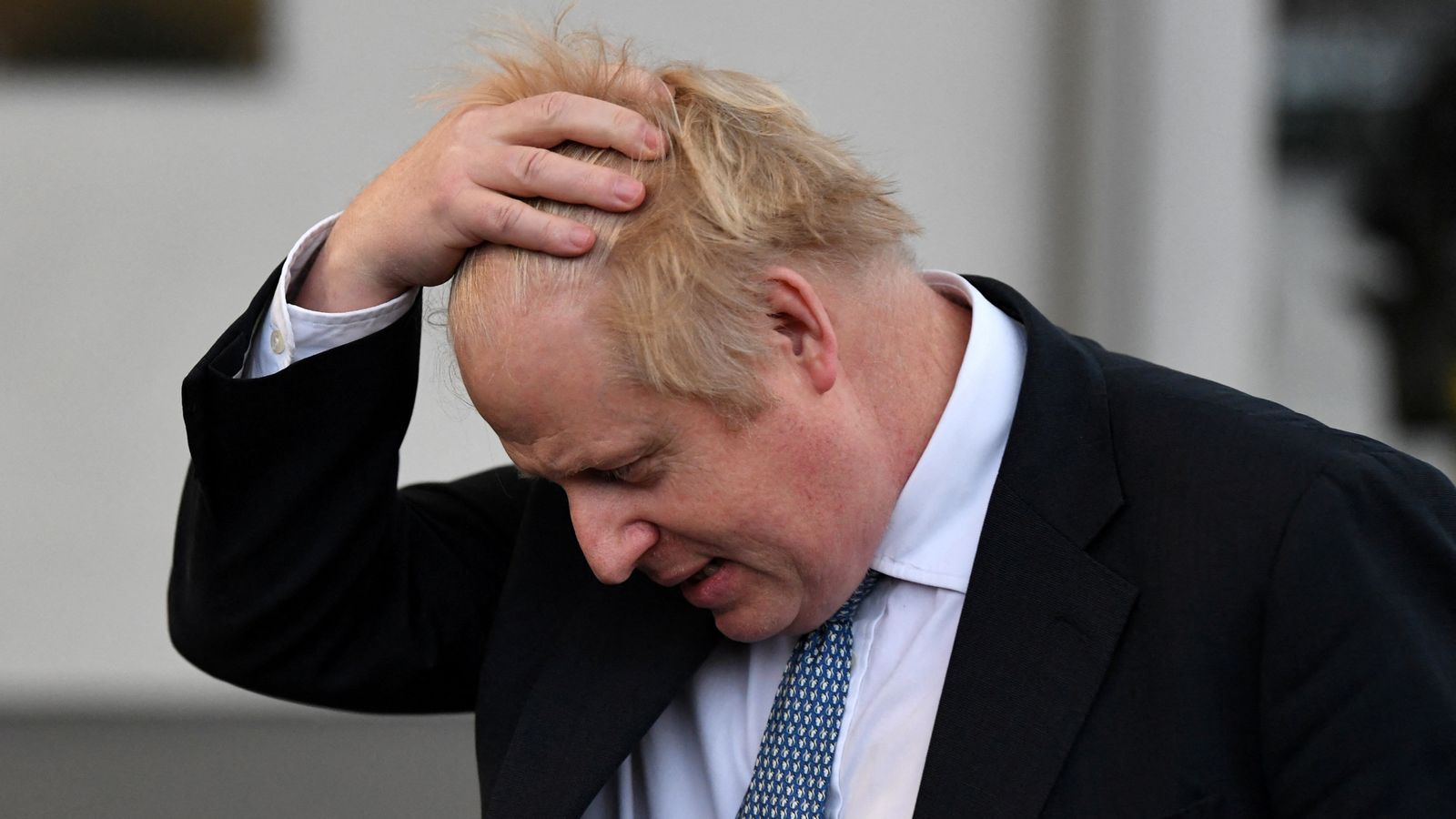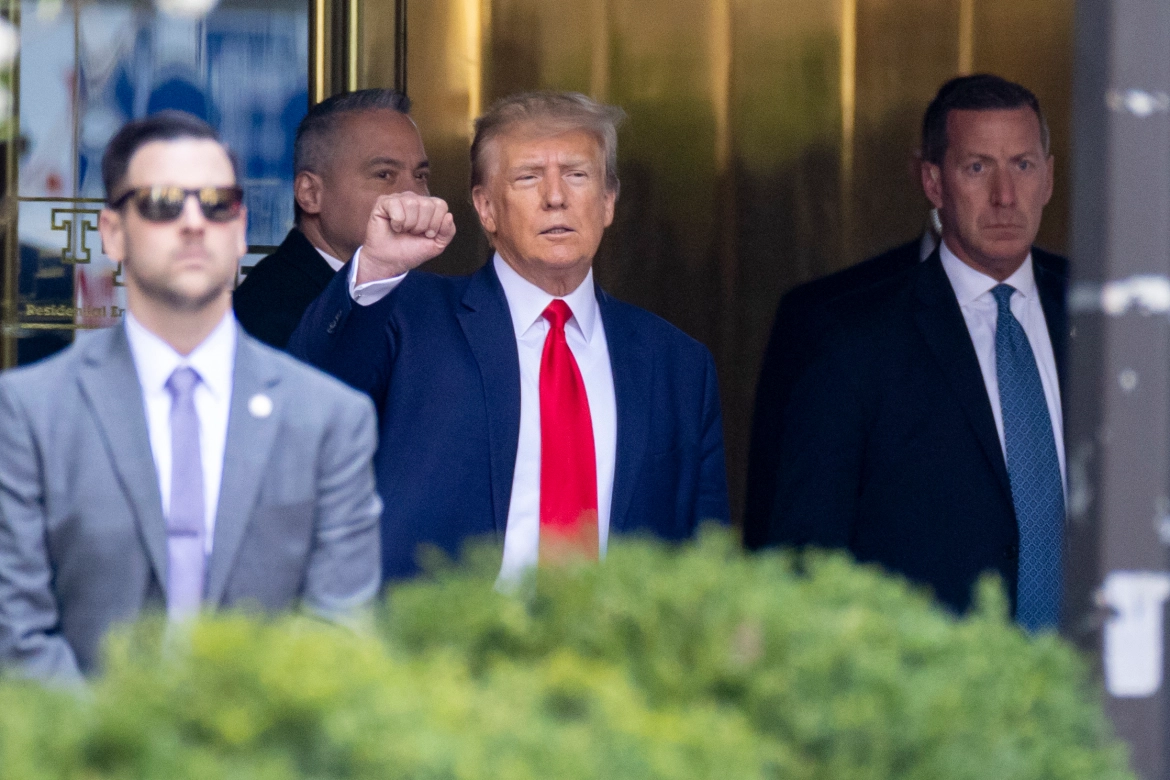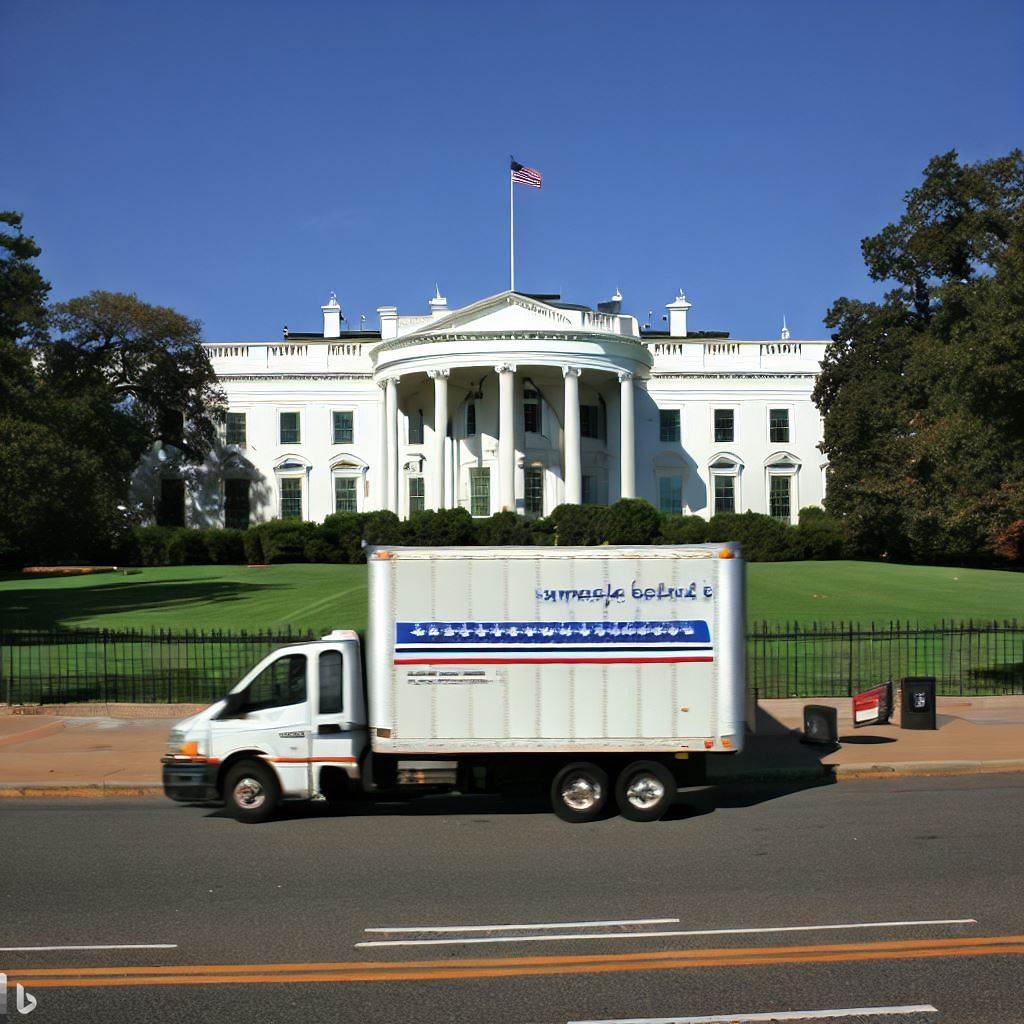Donald Trump, former president of the United States, hated Arraignment Day I in Manhattan two months ago, the first time a former president had been criminally charged.
Trump was being forced against his will into a proceeding he had utter contempt for. He was being arrested and fingerprinted and photographed under an indictment under the jurisdiction of Manhattan in New York City for allegations of hush money payments and fraudulent bookkeeping practices to conceal criminal activity. Trump heard the charges read out against him and he entered a plea of not guilty.
Trump had a terrible day. Trump wore a scowl throughout. His countenance was fearsome. What Trump hated most about his arraignment in New York is that he had to sit at a table with his counsel side by side with him — equal to him — and with the judge above him looking down on him. Trump could not control the discussion and could not interrupt to make his points.
Trump was subordinate to the judge. He was subordinate to no one as president.
Arraignment Day II
Arraignment Day II in Miami will be worse from Trump, even more stressful. The charges are substantially more serious: the alleged violation of federal criminal statutes involving the alleged mishandling and illegal possession of classified documents, lying to legal authorities, and obstruction of justice. Potential penalties run to years in prison and millions of dollars in fines.
Trump throughout his business life had always crafted his affairs to avoid being a defendant. But in his term in office, he was caught up in it big time. He was a defendant in two impeachment trials – again, unprecedented events – and left office in disgrace.
But Trump does not feel disgraced. He never does. Trump does not have a reverse gear. He never retreats. Never admits. Never concedes. Never yields. Trump is never embarrassed. Trump never feels ashamed. When something goes wrong, it is always the fault of someone else.
And Trump never repents.
Trump can feel this way because Trump is waging war on behalf of his armies in “the final battle” for the future of the county. In his first, fiery post-indictment speech in Georgia, Trump said, “They’ve launched one witch hunt after another to try and stop our movement, to thwart the will of the American people. In the end, they’re not coming after me. They’re coming after you … “Either we have a Deep State, or we have a Democracy…Either the Deep State destroys America, or WE destroy the Deep State.”
It is a powerful formulation, and his true believers love it.
Hours later, In North Carolina, Trump mainlined his distilled message for the Republican crowd:
“We are a failing nation. We are a nation in decline. And now these radical left lunatics want to interfere with our elections by using law enforcement.
It’s totally corrupt and we cannot let it happen.
This is the final battle.
With you at my side we will demolish the Deep State.
We will expel the warmongers from our government.
We will drive out the globalists.
We will cast out the communists.
We will throw off the sick political class that hates our country.
We will roll out the fake news media.
We will defeat Joe Bide and we will liberate America from those villains once and for all.”
Any lesser mortal would be staggered by these events. Any other presidential candidate would be driven from the race. But not Trump.
Debase and disgrace
Trump is using the same playbook today as he successfully triggered after being charged in New York: debase and disgrace the legal process by terming it completely political. Trump said the federal indictment is “election interference at the highest level.”
Almost every other Republican running for president has adopted this line, insulating Trump from pressure to leave the field.
Trump’s chief opponent, Florida Governor Ron DeSantis said after these indictments: “The weaponization of federal law enforcement represents a mortal threat to a free society. We have for years witnessed an uneven application of the law depending upon political affiliation.”
Republican congressperson Nancy Mace: “This is a banana republic. I can’t believe this is happening.” Rep. Marjorie Taylor Greene: “Democrats are arresting their political enemies. and they work together in their corrupt ways to get it done.”
Trump is using his affliction to raise millions of dollars from his base.
Trump will likely face Arraignment Day III in Georgia in August. A state prosecutor is expected to charge Trump with criminal interference in the certification of Georgia’s vote for Joe Biden in the 2020 presidential election.
As of now, there is no sign of cracks in Trump’s support among Republican voters. There is no surge to another candidate. What remains to be seen is whether Republican voters, as they see Trump spend his days in courtrooms and his evenings at rallies around the country, reach a conclusion that this is a spectacle too far, too much to bear, and that they want to turn to another conservative populist who stands for them in the political trials— and not the criminal trials – of 2024.



 Tech2 days ago
Tech2 days ago


 News2 days ago
News2 days ago


 Money2 days ago
Money2 days ago


 Tech2 days ago
Tech2 days ago


 News2 days ago
News2 days ago


 News2 days ago
News2 days ago


 News2 days ago
News2 days ago


 News2 days ago
News2 days ago














